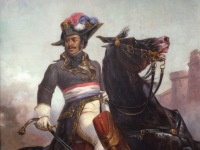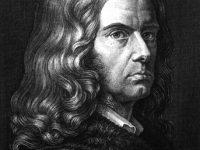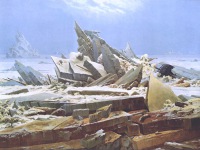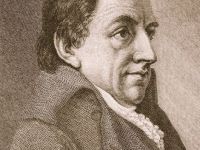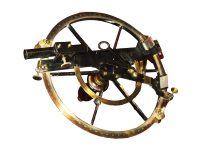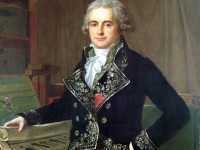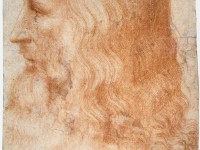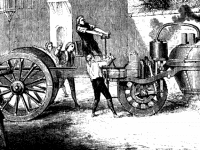General Thomas Alexandre Dumas – Napoleon’s ‘Black Devil’
On March 25, 1762, Thomas Alexandre Dumas was born. Dumas was the Father of the famous French author Alexandre Dumas [5] and the first black General in the French army. The story of his life should become the blueprint for his son’s most famous novels ‘The Count of Monte Christo‘ and ‘The Three Musketeers‘. “Do not value money for any more nor any less than its worth; it is a good servant but…
Read more

